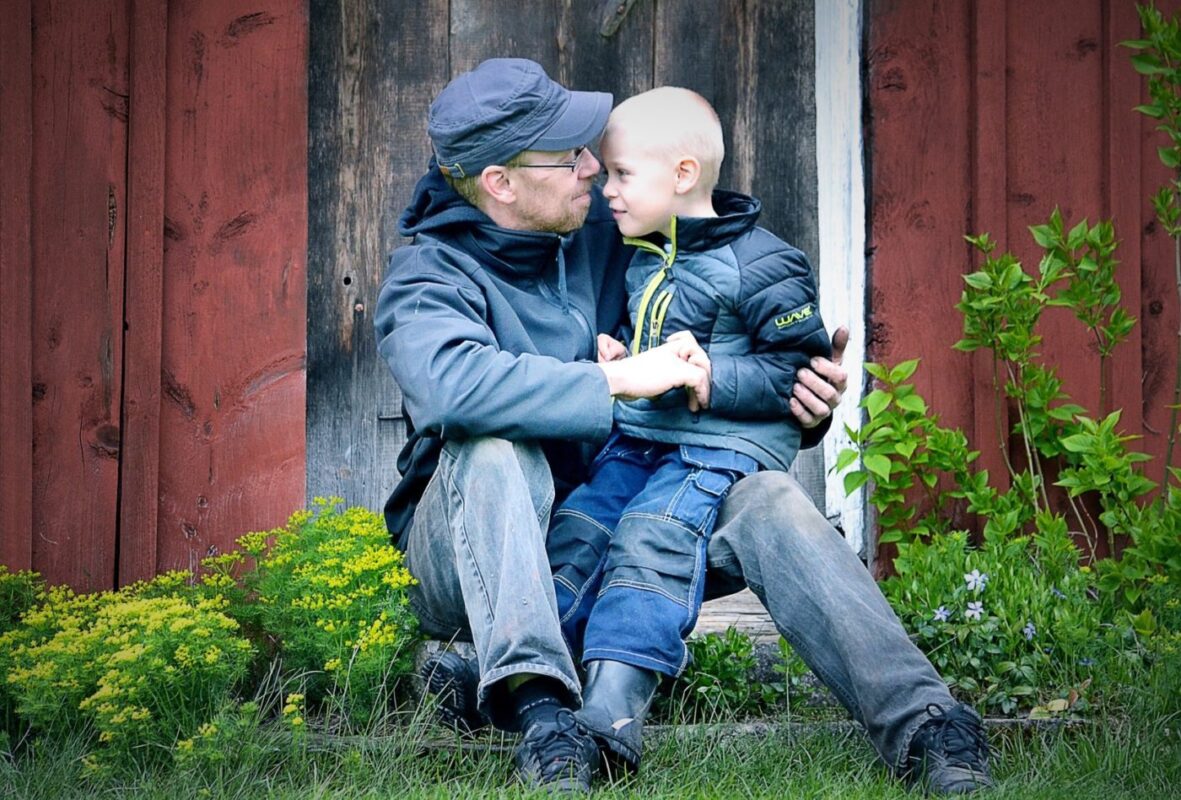How to Help Kids Articulate Their Feelings

Have you ever talked to your kid and wanted to help him through something he’s struggling with but you found it seemingly impossible? Maybe he just wouldn’t open up, or he had difficulty expressing feelings. As a parent and a pastor, I’ve counseled many kids over the years, and one of the great struggles is getting some kids to talk, especially when they don’t want to.
While you can’t force kids to share their thoughts or feelings, there are some practical practices that sometimes help them to open up. Whether kids are hurting, dealing with relational issues, facing the consequences of a huge mistake, or trying to deal with things completely out of their control, here are 3 strategies that’ll help them open up and share their feelings.
1. Show genuine concern.
This is huge because a child will rarely open up to someone until there is an understood level of trust and security. Listen to whatever it is your kids are willing to tell you, and show them you are truly interested in their situation or problem. The more willing you are to show patience and grace, the more likely your kids will be to open up to you. However, trying to make them talk or guilting them into talking will cause them to be less likely to open up and more likely to shut down. Children want you to understand what they’re feeling, but they easily will get frustrated if you force it—and they’ll seldom share their deepest feelings until they’re convinced you truly care. Here are a few examples of how this might sound in conversation:
- I’m really sorry about what you’re going through right now.
- I feel for you in this situation. Tell me how it makes you feel that this has happened to you.
- What you’re telling me makes complete sense. Tell me more.
2. Ask lots and lots of questions.
Questions are windows into a person’s heart, especially with a child. And it’s important that you don’t just ask yes or no questions. Instead, ask questions that require thoughtful answers. Often, kids know what they’re thinking and feeling, but they just don’t know how to put it into words. This is where our thought-provoking questions can help unlock the emotions going on inside to help kids find a way to express them. Here are some examples:
- What bothers you most about this situation?
- Can you help me understand more of what you’re feeling right now?
- Who do you think is responsible? Is there anything you could or should have done differently?
This is members only content. You need to login to view the full contents.
If you are not a member of our community, we would love to have you!





Responses